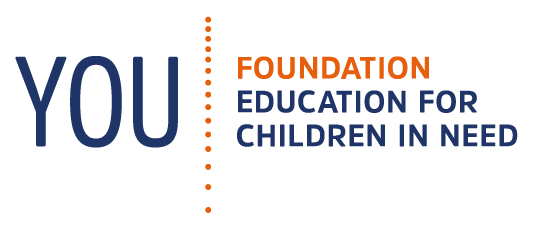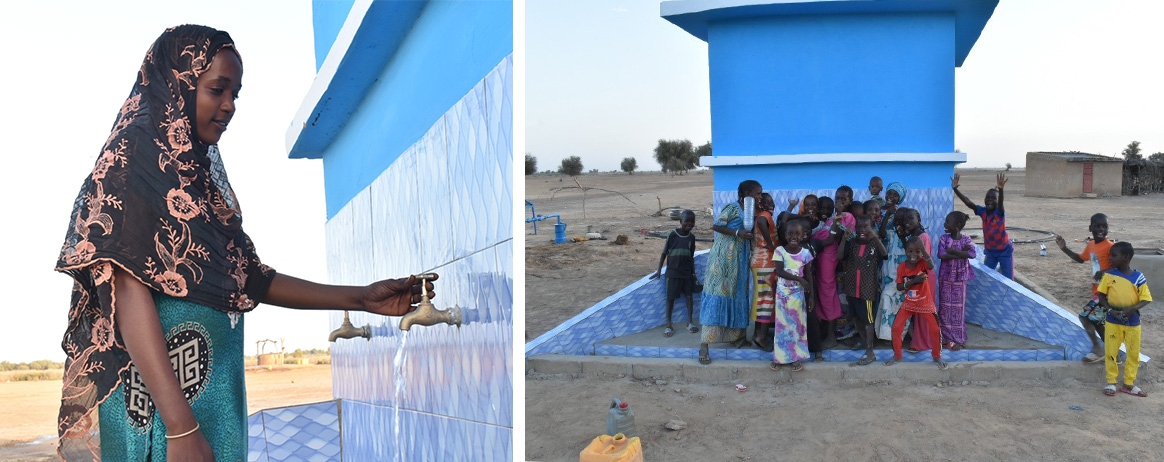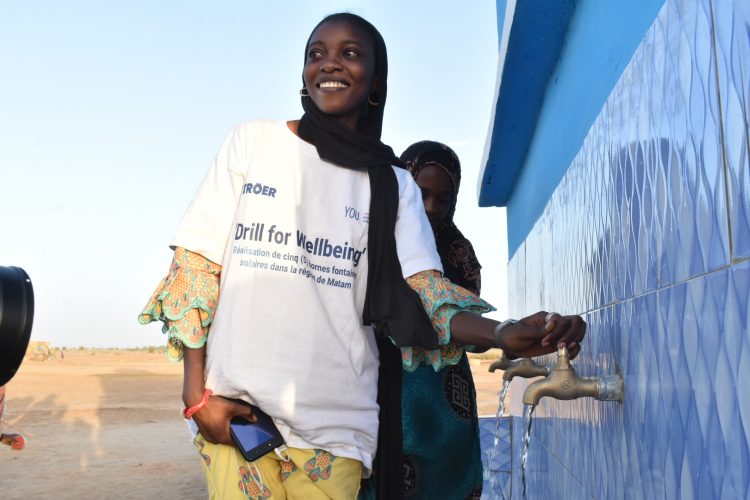Water in a household means quality of life and wellbeing. It plays a vital role in hygiene, health and sustainable development.
The supply of all people with safe drinking water is one of the sustainable development goals, the SDGs (Sustainable Development Goals) of the United Nations. The basic water supply and access to sanitary facilities for people in remote and rural areas in developing countries is a particular challenge that the YOU Foundation – Education for Children in Need has successfully faced with its partners.
In addition to providing access to drinking water, the aim of the project is also to improve the yields of the community of Matam through the use of the water supply, the creation of small-scale farming activities, the empowerment of women and thus the improvement of the overall situation of poor families.
By contacting the regional water supply company, a shortlist could be used to determine locations that could be considered for the implementation of the project. The villages of Gourel Barry, Gourel Sike, Ballel Ndiakiry, Gourel Bade and Lordouga with a total of 2600 residents were selected for the project.
With the involvement of the Senegalese local administrative authorities and the municipalities, the beneficiaries received training on the main features of the project from the project partners on site. In this way, all actors involved will bear responsibility for the project in a participatory approach.
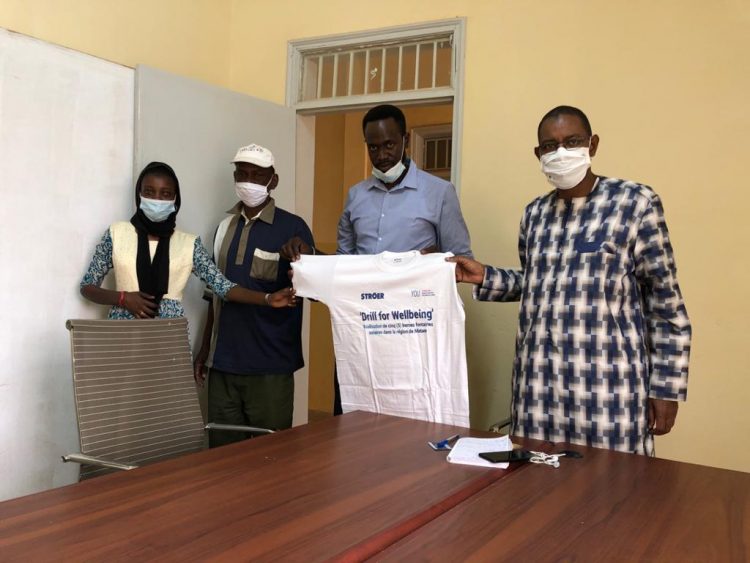
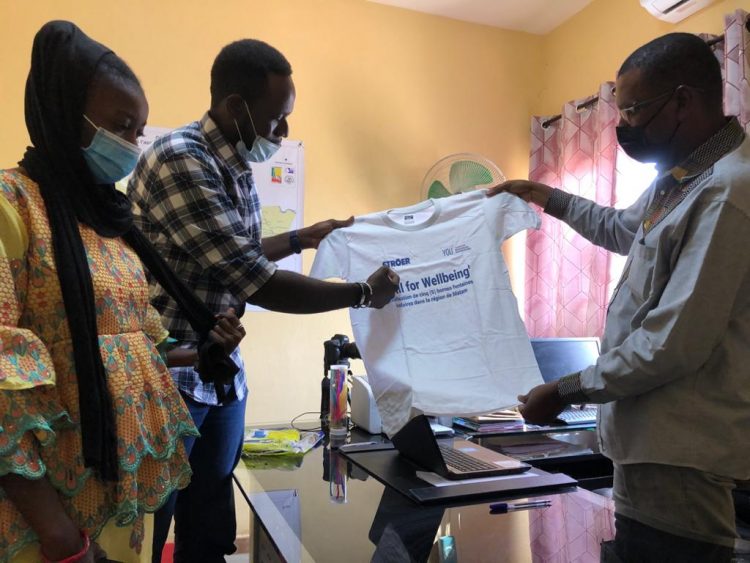
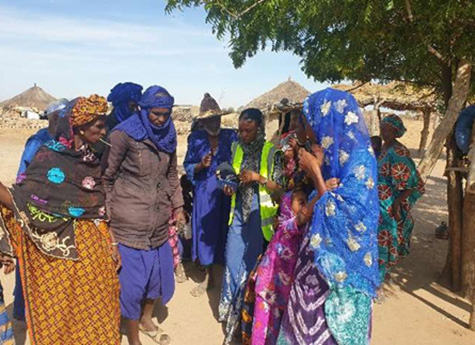
The project team commissioned by the YOU Foundation coordinated the various project measures. In addition to the construction planning, this also included the organization of finances, personnel, logistics and the monitoring of activities. The monitoring took place, together with selected people from the communities, in two-monthly visits, during which the project management was informed and documented about the status of the construction work.
The construction work could begin after offers had been requested from various local companies. These were evaluated and a construction company could be selected on the basis of various criteria such as costs, experience with similar constructions, possible date of completion and available personnel capacities.
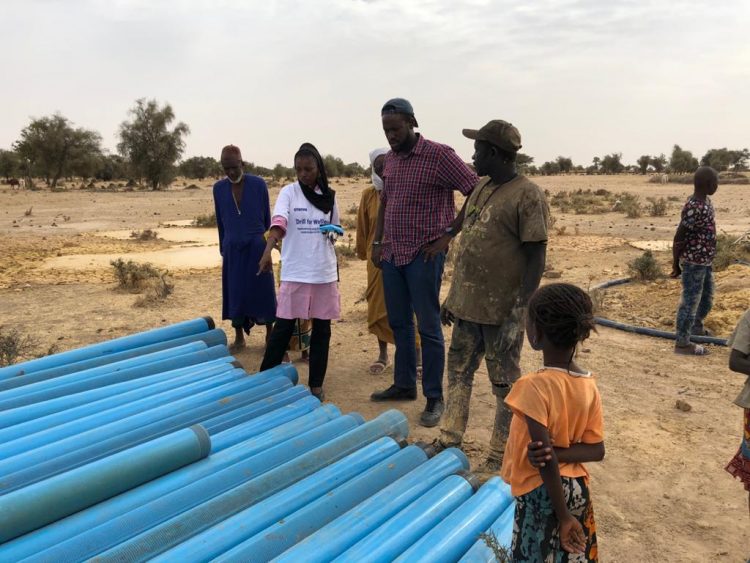
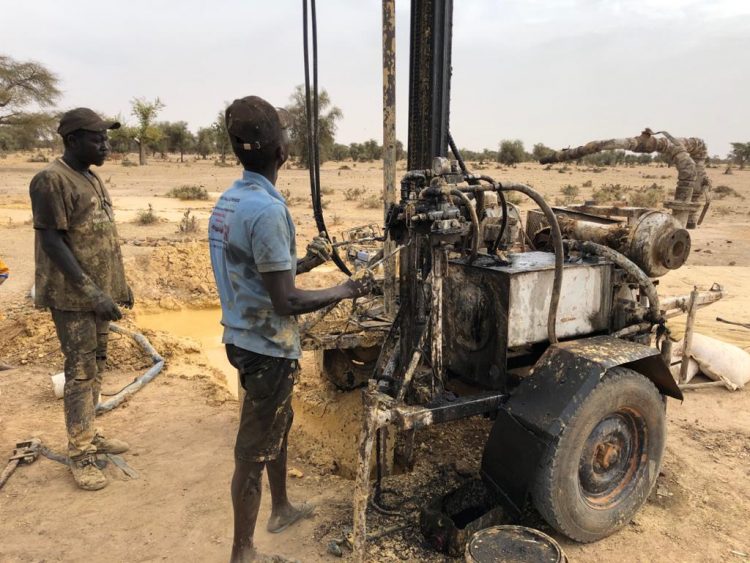
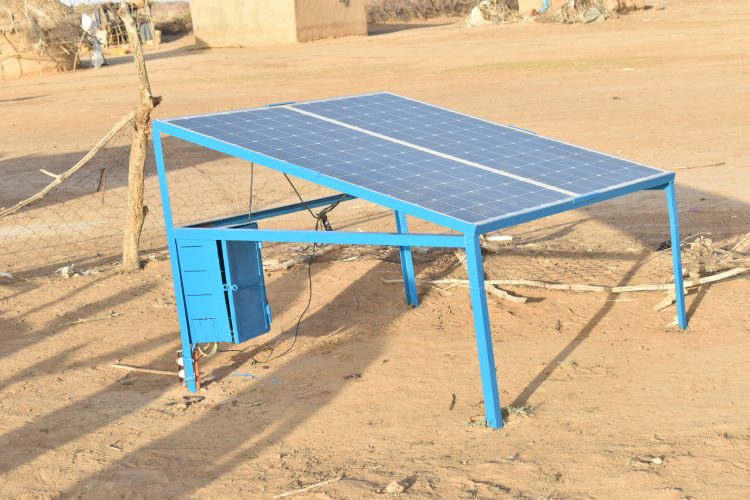
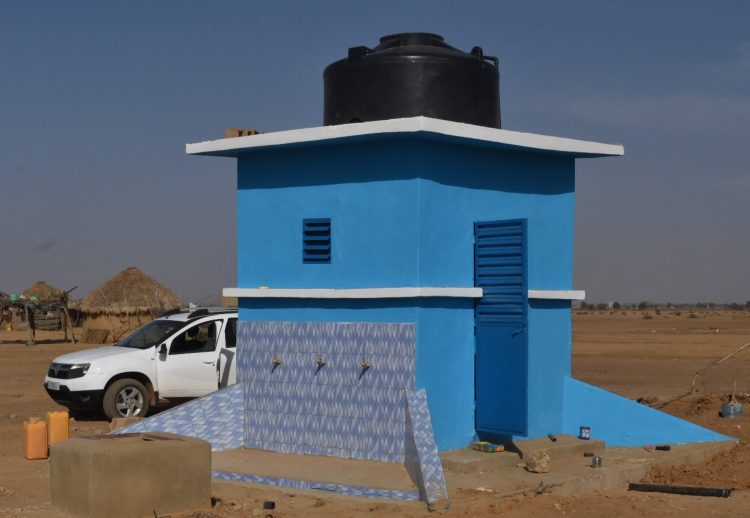
The phases of the well construction were as follows
- Drilling and damming
- Construction of water towers
- Installation of solar pumps
- Installation of tanks and pipelines
The construction took an average of 1 to 3 months.
The use of the wells in the beneficiary villages (4 out of 5) began immediately after the construction work was completed. An inauguration ceremony was organized in each village in the presence of the village chief, the chairperson of the women’s group and a representative of the community concerned. These meetings were an opportunity to mention that the management of the wells and the income generated by them are the responsibility of the women’s organization.
Training sessions were organized in the villages between April 6 and 23, 2021. The aim of the training was to enable the beneficiaries of the project, especially women’s groups, to sustainably maintain what had been achieved.
For this purpose, trainers were mobilized to give lessons in the following areas: Agriculture accounting Financial management
Also offered were courses in: Soap production Fruit and vegetable production Gardening
Challenges such as language barriers, drought, heat and the extreme remoteness of the places were mastered so that the living conditions of the people in the region could be improved through the new wells. Hygiene, health and nutrition are a big step towards giving the world’s poorest a sustainable future.
